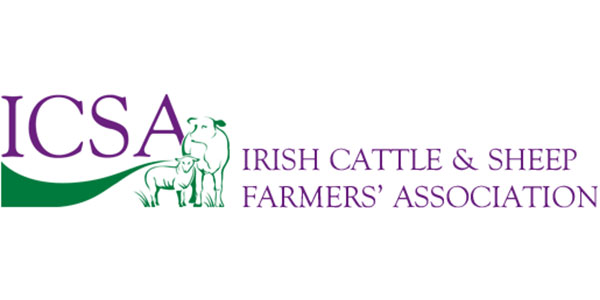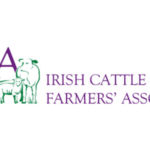IRISH EXAMINER – 11 April 2016

Consequently, some farmers were upset to get letters from Ulster Bank demanding that debts be refinanced in a very short and unrealistic time frame, or else have their loans included in a sale of loans to vulture funds.
ICSA is alarmed at this and the implication that it may only be the beginning of a trend. Rumours have been about that other banks might also consider selling some loans with unknowable consequences for the farmers caught up in this.
While banks may have the right to sell on loans the authorities must ensure that the transferee of the debt will always be bound by the same stringent regulation as imposed on the transferor. ICSA is meeting with the Financial Ombudsman in the coming weeks to discuss these issues and to find a way to ensure that farm families are not put in a more disadvantageous position.
In a typical loan agreement, there is the small print which allows a bank to call in the loan at any time. In the normal course of events, loan repayments are being met on schedule and everything runs smoothly. Where a borrower runs into some difficulty, there is still a logic to a reasoned negotiation between the two parties. This is generally the most sensible arrangement.
This is all the more so in the case of most agricultural loans. Loan to value ratios for domestic mortgages have been as high as 100%. Even now, ratios would be in the 50-85% range, including some investment properties.
For farmers, the situation is quite different where loan to equity levels are on a different scale. Loans for land purchase are normally advanced where the farmer can supply a 30% deposit. However, the land being purchased is not the only security available to the lender.
Typically the range of assets which the bank can get access to can include land, livestock and direct payments. Hence, farm l ending is ultra-low risk compared to housing, development, or vehicles. The biggest reason why a farm may get into a difficulty is of course linked to low incomes and especially due to price volatility not to forget weather events or disease outbreak.
In the great majority of cases, relatively liquid assets such as livestock are equivalent to outstanding debt. Understandably, however, a farmer does not want a fire sale of livestock because this undermines the potential of the farm to generate income. A better solution is to negotiate an arrangement involving loan restructuring or repayment holidays.
For farm customers with a good track record, banks should, and mosly have, taken a pragmatic approach. But these are not normal times. The approach of Ulster Bank in threatening sales to vulture funds seemingly related to loans that are in arrears. However, most would see this move as very heavy handed.
At the very least where the borrower is a private individual trying to hold onto his or her family farm they should be given the opportunity to redeem the loan at the same figure as that for which it is being offered to the vulture funds. There will be cases where a farmer could redeem the loan by choosing to sell a piece of land or livestock. However, even more important is to give people, who are keen to find a resolution, every opportunity to negotiate a realistic outcome over the long-term.
It makes little sense to sell loan books at big discounts when a better return could be achieved by banks who use commonsense in the negotiations with borrowers. It seems insane to sell a loan at a huge discount to a vulture fund but refuse to contemplate any pragmatic re-arrangement of debt or even possible write-downs when the latter would manifestly give the bank a better return.
Even more concerning is the possibility that banks may be tempted to boost up the price of a loan book by bundling in some better quality loans with what might be termed toxic debt or negative equity loans.
There are worrying examples of banks looking for excessive collateral, not to mention imposing costly conditions and requirements for assessment of collateral. Is it necessary to seek BER ratings for houses on farmland when manifestly the land without the house is worth a multiple of the debt?
One suspicion is that farmers with very high equity relative to the loan are actually in a more vulnerable position if they were to find their loans sold to a vulture fund because they could be seen as a soft target to make a quick killing whereas selling a property in negative equity crystallises the loss. Presumably, the vulture fund will have priced the negative equity into the purchase price, but where a plethora of loans of varying qualities are bundled together the situation becomes perhaps more clear-cut.
Banks should have a long-term view of their business with key customers such as farmers. Selling loans to vulture funds can only have a negative impact on the mood towards the banks and does not fit easily with the goal to do more lending business in the future with farmers.





